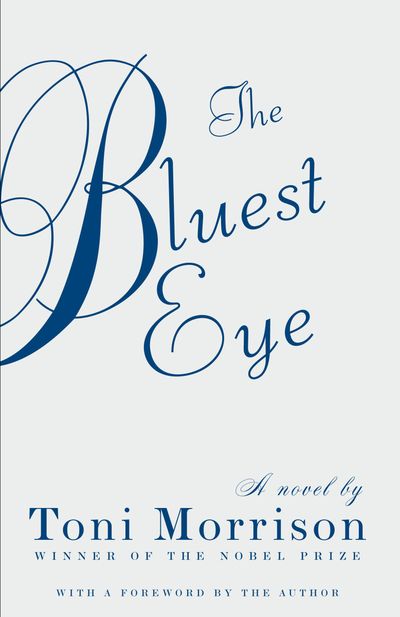In a startling statistic, Texas led the nation with over 800 book bans during the 2023-24 school year, followed closely by Florida and Pennsylvania, highlighting a nationwide trend of escalating censorship in schools. Framed as efforts to protect children from “inappropriate” content, these bans disproportionately target books addressing race, gender, sexuality, and cultural identity. According to PEN America, over 2,500 titles were challenged across the country. While proponents cite the need to shield young minds, critics warn that such actions harm students’ intellectual growth and critical thinking.
Who is most affected?
The most affected age group includes students between 11 and 18, crucial years for developing reasoning, empathy and analytical skills. Middle and high school curriculums often use literature to spark discussions about identity, history, and ethics. Banning books that address these themes robs students of opportunities to engage with diverse perspectives and prepare for the challenges of higher education.
What’s being targeted?
Many banned books deal with vital societal issues. Titles like “The Bluest Eye” by Toni Morrison, “Stamped: Racism, Antiracism, and You” by Jason Reynolds and “Ibram X. Kendi, and Between the World and Me” by Ta-Nehisi Coates often face challenges for addressing racism and historical inequalities. These works provide critical insights into systemic injustice, helping students grapple with the historical and present-day realities of race in America.
Impact on African American students and communities
The African American community is particularly affected by book bans, which often target literature highlighting Black history, culture, and struggles. Many of these books illuminate the systemic racism embedded in American institutions and celebrate the resilience of African Americans throughout history.
For African American students, these stories are more than educational tools – they are affirmations of their identity and heritage. Removing such books erases their voices from the curriculum, fostering a sense of invisibility and exclusion. Additionally, books that critically examine issues like slavery, the civil rights movement, or police violence equip students of all backgrounds to understand racial dynamics in the U.S.
Book bans also impede efforts to address the racial achievement gap. African American students often face systemic barriers in education, and literature celebrating their history and potential can be a source of inspiration. Without these resources, schools fail to create inclusive environments that nurture success and pride in cultural identity.
Impact on education and higher learning
Reduced critical thinking skills: Exposure to diverse and challenging literature fosters critical analysis. By censoring these books, students miss out on essential skills, making them less competitive in college admissions and unprepared for rigorous coursework.
Cultural and historical blind spots: Banned books often explore marginalized histories and cultures. Without access to these stories, students may lack the cultural competence and historical understanding necessary for fields like sociology, political science, or law.
Difficulty in diverse environments: Higher education exposes students to a variety of perspectives. Students who haven’t been challenged to consider different viewpoints may struggle to adapt, limiting their success in discussions, group work, or networking.
Broader implications
Book bans can deepen societal polarization, turning education into a battleground for ideological conflicts. Furthermore, they exacerbate educational disparities. Students in districts with fewer restrictions benefit from richer curriculums, while others are left behind, widening the knowledge gap. For African American students, this means continued underrepresentation and denial of the tools necessary to understand and address systemic challenges.
What parents can do to bridge the gap
Parents play a crucial role in addressing the gaps left by book bans. Here are some practical ways they can help:
Build a home library: Stock your home with diverse books that reflect multiple perspectives. Many of the banned books are available through independent bookstores and online platforms.
Encourage independent reading: Motivate students to read widely by recommending books that explore themes of race, identity, and social justice. Consider using family reading nights to discuss these topics openly.
Leverage digital resources: Platforms like Project Gutenberg, Open Library, and e-book services often provide access to banned or challenged books. Additionally, many authors offer digital copies for free or reduced prices.
Advocate for local access: Parents can collaborate with community organizations, libraries, and local bookstores to ensure these books remain accessible. Organize book clubs or reading groups focused on topics that are no longer covered in school.
Talk about censorship: Engage your children in age-appropriate discussions about censorship, its impacts, and the importance of intellectual freedom. These conversations can empower students to think critically about the content they encounter.
By taking these steps, parents can supplement their children’s education and ensure they have the resources to grow into informed, empathetic individuals despite the restrictions imposed by book bans.
The fight against
censorship
Despite these challenges, resistance is growing. Organizations like the American Library Association, PEN America, and Black-led advocacy groups are working to preserve access to books that reflect the Black experience. Community initiatives, such as book drives and public discussions, aim to ensure these stories remain accessible to students and families.
Conclusion
Book bans are not just a threat to individual students – they undermine the core principles of education: fostering curiosity, empathy and critical thinking. For African American students, the impact is particularly profound, denying them representation, erasing their history, and perpetuating systemic inequities. Education must empower all students to face challenges with open minds and informed perspectives, celebrating the diverse voices that shape our shared history.
